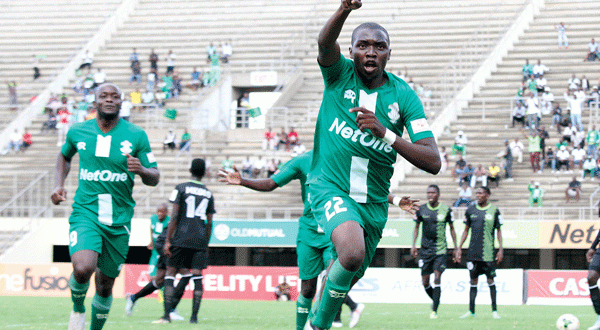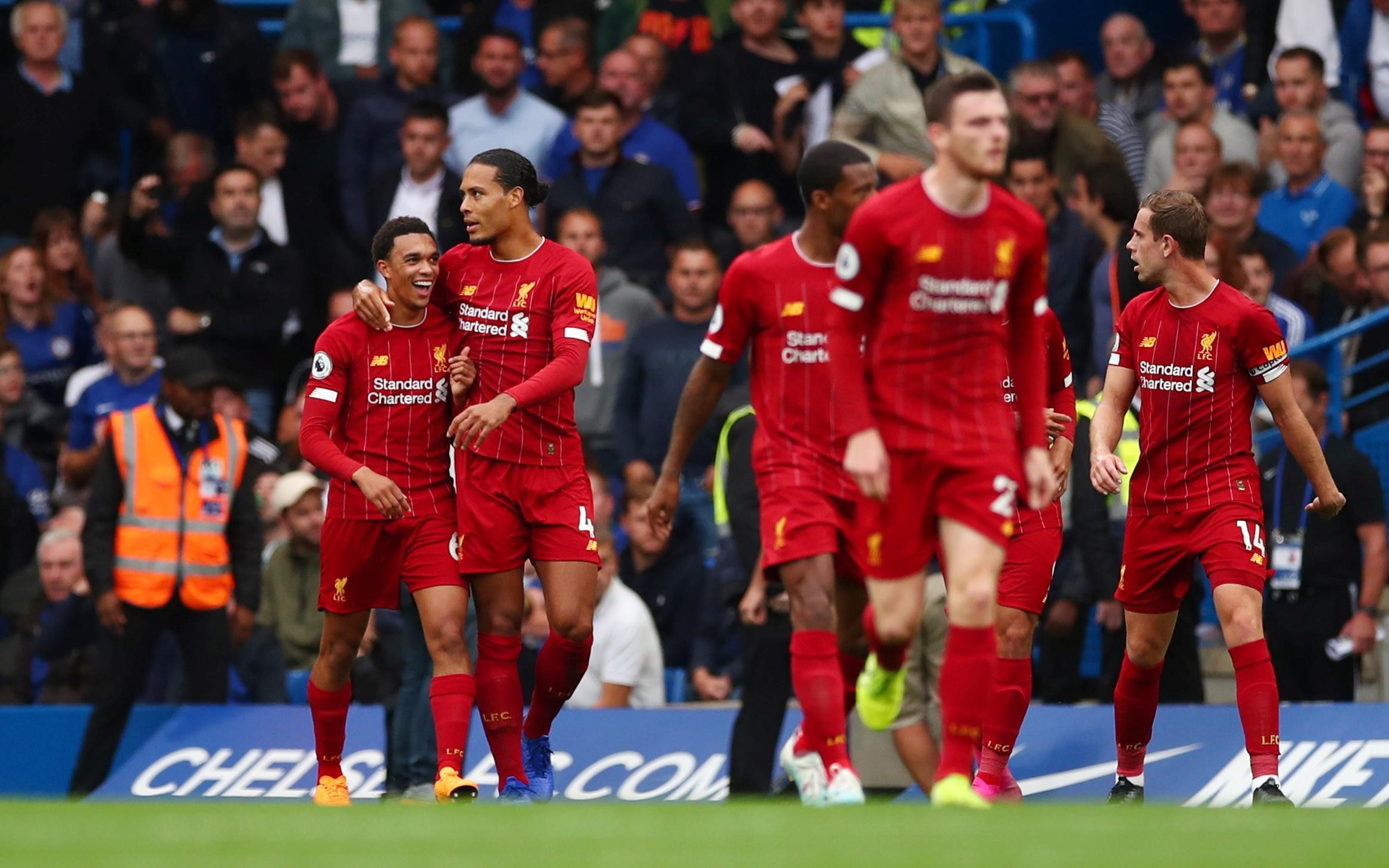
HATS off to Ingwebu Breweries for sponsoring a football tournament for primary schoolchildren in the Bulawayo metropolitan, Matabeleland North and Matabeleland South provinces. This year’s edition of the competition will kick off next month and the total package for the competition will be $35 000.
On the Ball with Innocent Kurwa
The tournament, inaugurated in 1994 and disrupted for a while during the height of the country’s economic meltdown, contributes — though in only three of the country’s 10 provinces — to the early development of football skills in children and is certainly a necessary foundation stone for the wider development of soccer in the whole country.
If it was complimented by similar competitions in the remaining seven provinces of the country as a co-ordinated national tournament, Zimbabwe would certainly reap a rich harvest not only in terms of developing football at the grassroots level, but in a whole lot other areas too.
Football is largely a male sport, especially at primary school level, mostly because the schools do not have sufficient financial and manpower resources to cater for the girl child interested in playing soccer and also because of the archaic societal fixation with gender-based division of sport — in most rural areas — where by far the highest number of primary schools are, soccer is for boys and netball for girls while athletics is for both boys and girls.
This gender-based sport segregation, to put it rather strongly, should be addressed if sport has to have a more meaningful and deeper effect in early childhood development.
Football has by far the highest crowd-pulling power of all sports, more so in rural areas where people are starved of entertainment and, for that matter, anything else to do given the seasonal nature of agriculture.
It is this crowd-pulling ability that can be exploited, and exploited even more if football at this early stage was played competitively by both primary school girls and boys.
- Chamisa under fire over US$120K donation
- Mavhunga puts DeMbare into Chibuku quarterfinals
- Pension funds bet on Cabora Bassa oilfields
- Councils defy govt fire tender directive
Keep Reading
Commercial organisations like Ingwebu Breweries, who are in it more for marketing objectives, could be partnered by other organisations, including NGOs, which have different social objectives to fulfil. These could include, but not be limited to, Population Services International (to spread the gospel of safe sex and family planning); Family Planning Zimbabwe; Unicef (children’s rights and early childhood development); Plan International (protection of the girl child); the National Aids Council or its provincial arms (championing the HIV and Aids issues); Childline Zimbabwe (fighting abuse of children) and many other institutions and organisations not mentioned here — purely for lack of space.
Crowds attending football tournaments can be enlightened on various issues at such tournaments. This would go a long way in addressing some of the social and economic issues faced by most ordinary Zimbabweans, especially in rural areas.
A lot of the other cross-cutting issues like child prostitution and street children can also be tackled through such co-ordinated efforts, including how orphaned and vulnerable children and child-headed families can be assisted. Imparting ideas on how to address livelihoods challenges in sustainable and legal ways can be affected this way too.
In other words, sport, not just football, can be turned into a great tool in tackling developmental issues. Companies like Ingwebu Breweries should explore ways in which they can work together with a wider range of organisations and institutions to make their already laudable efforts more meaningful in developing, not only football and other sporting disciplines, but in addressing social and developmental challenges faced by primary schoolchildren.
Catch them young, please!
A pat on the back for BancABC for coming to the rescue of the Zimbabwe senior national soccer team, the Warriors, by picking up the tab for the tickets to travel to Conakry for the penultimate Group G World Cup qualifier against hosts Guinea!
The bank has been a knight in shining armour on more than this occasion and BancABC deserves a big cheer. On the other hand, we should all aim our brickbats on useless Zifa, for how else do you describe a body that cannot raise a cent to send its national team to a match? The current Zifa executive committee has, more than any other people that have held office since independence, completely killed football. This Zifa executive must go!
The current Zifa executive has certainly achieved a lot of things, but its failures are far more than its successes. Therefore, in the final analysis, this Zifa executive has failed dismally.
To their credit, the Warriors did the country proud in Guinea when they lost only 2-0 in Conakry despite all the shambolic circumstances they went through. With only the final qualifying round of matches to go in the 2014 World Cup Africa Zone our Group G rivals Egypt, Ethiopia (Group A), Tunisia (Group B) and the Ivory Coast (Group C) are through to the final qualifying play-offs.
The remaining six will be decided in the last group matches in September after which the draw for the home and away ties will be made.
Fare thee well Charles Paul Moyo, the late Bulawayo lawyer and socialite laid to rest at his rural home in the village of Shadaya, chief Nemarundo’s area in Zimuto, north-east of Masvingo! CP, as Moyo was affectionately known, was a keen sportsperson who was member of Zimbabwe Saints FC and was also on the Zifa Players’ Status committee.
On several occasions he helped Zifa on legal matters, including on drafting the current Zifa constitution. He was also a pool player of note. CP, who had a keen interest in a host of other sporting disciplines, was a man of four seasons indeed, as he was also a businessperson and a member of the Lions Club of Kumalo.









